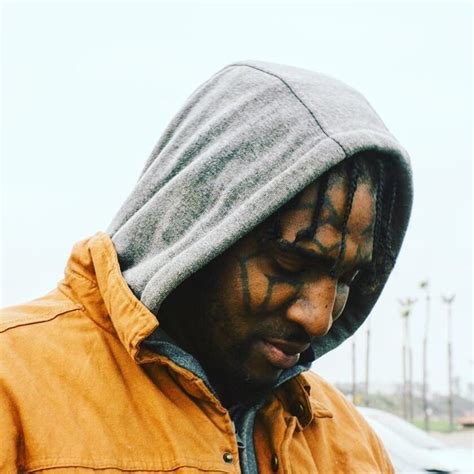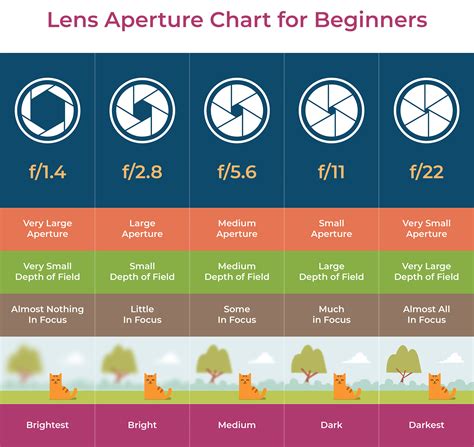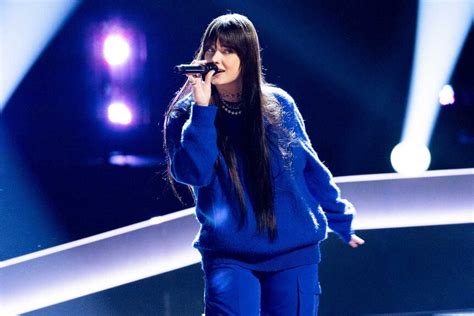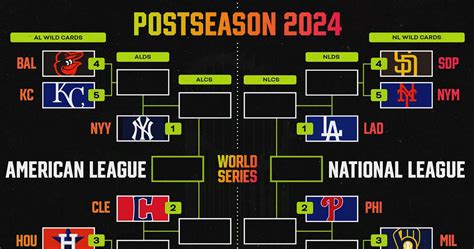
**Daylyt’s “Rhyme War” Truce Plea Sparks Hope Amid Coastal Rap Feud**
The intensifying coastal rap feud has been dominating headlines, leaving fans and artists alike grappling with the rising tensions. But amidst the lyrical jabs and escalating disses, a surprising voice has emerged calling for peace. Battle rap luminary **Daylyt** recently issued a powerful plea for a “rhyme war” truce, injecting a much-needed dose of hope into the volatile situation. This bold move, coming from an artist known for his own intensely creative and often controversial battles, has sparked widespread discussion. We’ll delve into the specifics of **Daylyt’s** statement, examining the context of the coastal beef that prompted it and analyzing whether this call for unity can effectively bridge the growing divide. Can the power of rap be channeled for reconciliation, or is this truce just a pipe dream? This article explores the potential impact of Daylyt’s intervention and what it signifies for the future of hip-hop’s competitive spirit.
Daylyt’s “Rhyme War” Truce Plea Sparks Hope Amid Coastal Rap Feud
The simmering tension between West Coast and East Coast rap artists has been threatening to boil over for months. Fueled by lyrical jabs, social media spats, and perceived disrespect, the potential for escalation loomed large. Now, a voice of reason has emerged from an unexpected corner: battle rap legend Daylyt. His recent plea for a truce, dubbed the “Rhyme War” armistice, has ignited a spark of hope, suggesting a path towards de-escalation and a return to the art form’s fundamental principles: lyrical supremacy and healthy competition. Can Daylyt, known for his unorthodox style and provocative antics, actually broker peace? Many are watching closely, hoping this intervention will prove effective. This article delves into the root of the feud, Daylyt’s initiative, and the potential for a positive outcome.
Understanding the Coastal Divide: Origins and Escalation
The “Rhyme War,” as it’s been increasingly called, isn’t a new phenomenon. Historically, the East Coast and West Coast have engaged in periods of intense competition, sometimes crossing the line into personal attacks and violence. While there have been periods of unity and collaboration, the underlying geographical tension often resurfaces. This current iteration seems to stem from a combination of factors. Firstly, the rise of social media provides an immediate and amplified platform for diss tracks, subliminal messages, and inflammatory commentary. What might have been contained within a studio or a local cypher now blasts across the internet, reaching millions and intensifying the emotional stakes. Secondly, the shifting landscape of hip-hop has created anxieties surrounding regional dominance. The East Coast, with its rich history and lyricism-focused tradition, feels a pressure to maintain its influence against the innovative sounds and cultural impact emanating from the West Coast.
Several high-profile disagreements have fueled the fire. Heated online exchanges between prominent rappers from both coasts have quickly garnered attention, often devolving into personal insults and threats. Behind the scenes, murmurings about artists being blacklisted from collaborations and music industry events have added another layer of complexity. The result is a palpable sense of unease, with many fearing a return to the darker days of hip-hop history. It’s in this highly charged atmosphere that Daylyt, a figure known for his unpredictable nature, has stepped forward with his “Rhyme War” truce proposal. His intervention is particularly noteworthy because Daylyt has demonstrated a keen understanding of hip-hop culture throughout his career. He is urging both sides to remember the artistry and respect that should underpin the competitive spirit.
Daylyt’s Truce Plea: A Call for Lyrical Supremacy, Not Conflict
Daylyt’s approach to the “Rhyme War” truce is multifaceted and reflects his understanding of the culture. He isn’t simply calling for an end to the beef; he’s proposing a shift in focus. Instead of personal attacks and veiled threats, Daylyt is encouraging rappers to channel their energy into creating compelling and innovative music. He argues that lyrical supremacy should be the ultimate battleground, not physical confrontation. To that end, he is advocating for a series of organized battle rap events featuring artists from both coasts. These events, he believes, will provide a structured platform for artists to showcase their skills, settle scores through lyrical prowess, and remind everyone of the power of hip-hop.
Daylyt’s proposal includes specific guidelines and principles. He stresses the importance of respecting boundaries, avoiding personal attacks on families and loved ones, and focusing on lyrical creativity. He also emphasizes the need for accountability and responsibility in the use of social media. Daylyt understands that the internet can be a powerful tool, but it can also be a breeding ground for negativity. He is urging rappers to use their platforms to promote positivity, unity, and healthy competition. Many consider Daylyt a provocative figure, yet it is undeniable that he possesses a deep understanding of battle rap’s nuances and the potential for artistic expression within the format. His call for lyrical supremacy is a direct challenge to the destructive path the “Rhyme War” was headed down. Furthermore, Daylyt has reached out to key figures on both coasts, attempting to facilitate dialogue and build consensus. The response has been mixed, but the fact that he’s even initiated these conversations is a significant step forward.
The Road Ahead: Challenges and the Potential for Peace
While Daylyt’s truce plea has generated hope, significant challenges remain. The deeply entrenched animosity between some artists will be difficult to overcome. Past transgressions and lingering resentments could hinder any attempts at reconciliation. Furthermore, the pressure from fans and the media to maintain the conflict is a powerful force. Many thrive on the drama and excitement of the “Rhyme War” and may resist any efforts to quell it. The economic incentives involved must also be acknowledged. Beefs and diss tracks often translate to increased album sales, streams, and social media engagement. The financial benefits of maintaining the conflict can be a strong disincentive for some artists to embrace peace.
However, the potential rewards of a truce are significant. A focus on lyrical supremacy and healthy competition could reignite creativity and innovation within hip-hop. Collaboration between artists from different coasts could lead to groundbreaking new music that transcends regional boundaries. A unified hip-hop community could use its collective influence to address important social issues and inspire positive change. Ultimately, the success of Daylyt’s initiative will depend on the willingness of artists from both coasts to embrace his vision. It will require a commitment to respect, accountability, and a shared desire to elevate the art form. While the road ahead may be challenging, the potential for peace and a return to the fundamental principles of hip-hop makes Daylyt’s truce plea a vital step in the right direction. The entire hip-hop community hopes that Daylyt’s efforts bear fruit, bringing about a period of unity and collaboration.
Okay, here’s a 3-question FAQ section for the article with the headline “Daylyt’s “Rhyme War” Truce Plea Sparks Hope Amid Coastal Rap Feud“, focusing on common questions around the keyword “Daylyt”:
FAQ: Daylyt and the Coastal Rap Feud
Q1: Who is Daylyt, and why is he commenting on this rap feud?
A: Daylyt is a prominent battle rapper known for his complex rhymes, unpredictable performances, and sometimes controversial antics. He’s respected within the rap community for his lyrical ability and his deep understanding of the culture. Daylyt’s call for a truce likely stems from his desire to see unity within hip-hop and to prevent the escalation of the feud into something more serious.
Q2: Is Daylyt a credible figure to be mediating a rap beef? Doesn’t he have a history of being provocative?
A: While Daylyt is known for his provocative and outlandish persona, he’s also shown a surprising level of introspection and maturity at times. His unique perspective allows him to engage with the conflict in a way that traditional mediators might not. His own experiences with controversy and conflict could give him insight into de-escalating the situation.
Q3: What’s Daylyt’s specific suggestion for resolving the “Rhyme War”? Has anyone responded to his plea?
A: The article highlights Daylyt’s call for a truce and for rappers to focus on lyrical skill rather than personal attacks. He is encouraging others to get in the booth and stop the violence. At this time, while his plea has generated discussion, specific responses from the involved rappers have yet to be widely reported, but it is hoped that it will be a catalyst for peace.









